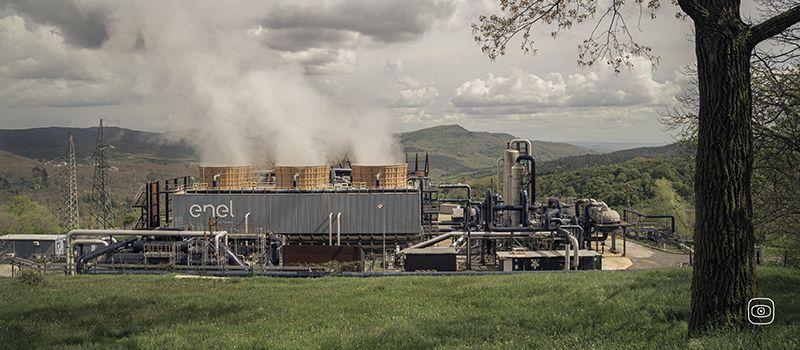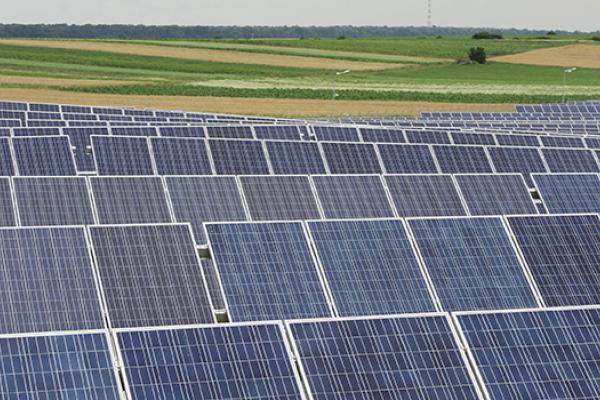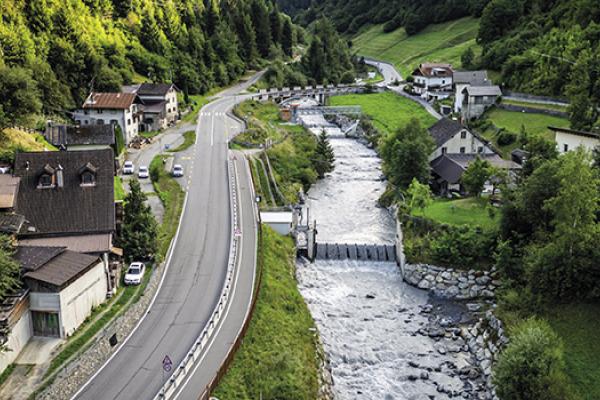Although many people in Italy associate it with pollution and environmental degradation, some Romanian citizens are enjoying the benefits of geothermal heating.
For this investigation, the team travelled to Tuscany, Italy, where citizen initiatives such as the "No Gesi" network ("No Speculative and Polluting Geothermal Electricity") work to raise public awareness of the environmental impact of geothermal power stations. Although the EU classifies geothermal energy as a renewable source, individual plants must meet specific criteria, such as emission levels and land impact, to be officially designated as 'green'. According to data gathered by the journalists through fieldwork and analysis of official records, this is not the case in Tuscany.
By contrast, in Romania, the journalist visited a small town that has used geothermal energy to heat its homes since 1995.
Through this investigation, the team tried to understand the conditions required to harness geothermal resources successfully and sustainably for the benefit of a community. They also examined the circumstances under which this supposedly "green" energy, when exploited, can end up harming both the environment and the very populations it is intended to serve.
Key findings:
- The success of geothermal energy depends on its application and implementation model. The investigation contrasts the positive reception of municipal-led, low-temperature projects for direct heating in Romania with the significant conflict and opposition generated by large-scale, corporate-driven electricity plants in Tuscany, Italy.
- Geothermal power plants can have severe negative environmental impacts. Despite being classified as a renewable source, the article shows that plants in Tuscany emit substantial amounts of pollutants, including CO2, mercury, arsenic, and hydrogen sulfide. They have also led to the dramatic depletion of local water aquifers, drying up springs and damaging ecosystems.
- The "green" and "renewable" status of geothermal energy is debatable. While promoted by the EU, some experts argue that geothermal is an exhaustible resource, similar to oil, because underground heat reservoirs can be depleted over a plant's 30-year lifespan. This challenges the idea that it is a perpetually renewable source like solar or wind.
- Community engagement is crucial for the acceptance of geothermal projects. In Italy, a lack of public consultation and the perception that corporations and the state are imposing projects have fuelled strong local resistance. In contrast, Romanian projects that provide direct, tangible benefits to citizens, such as significantly lower heating bills, have gained widespread community and political support.
Photo: Francesco Pistilli






